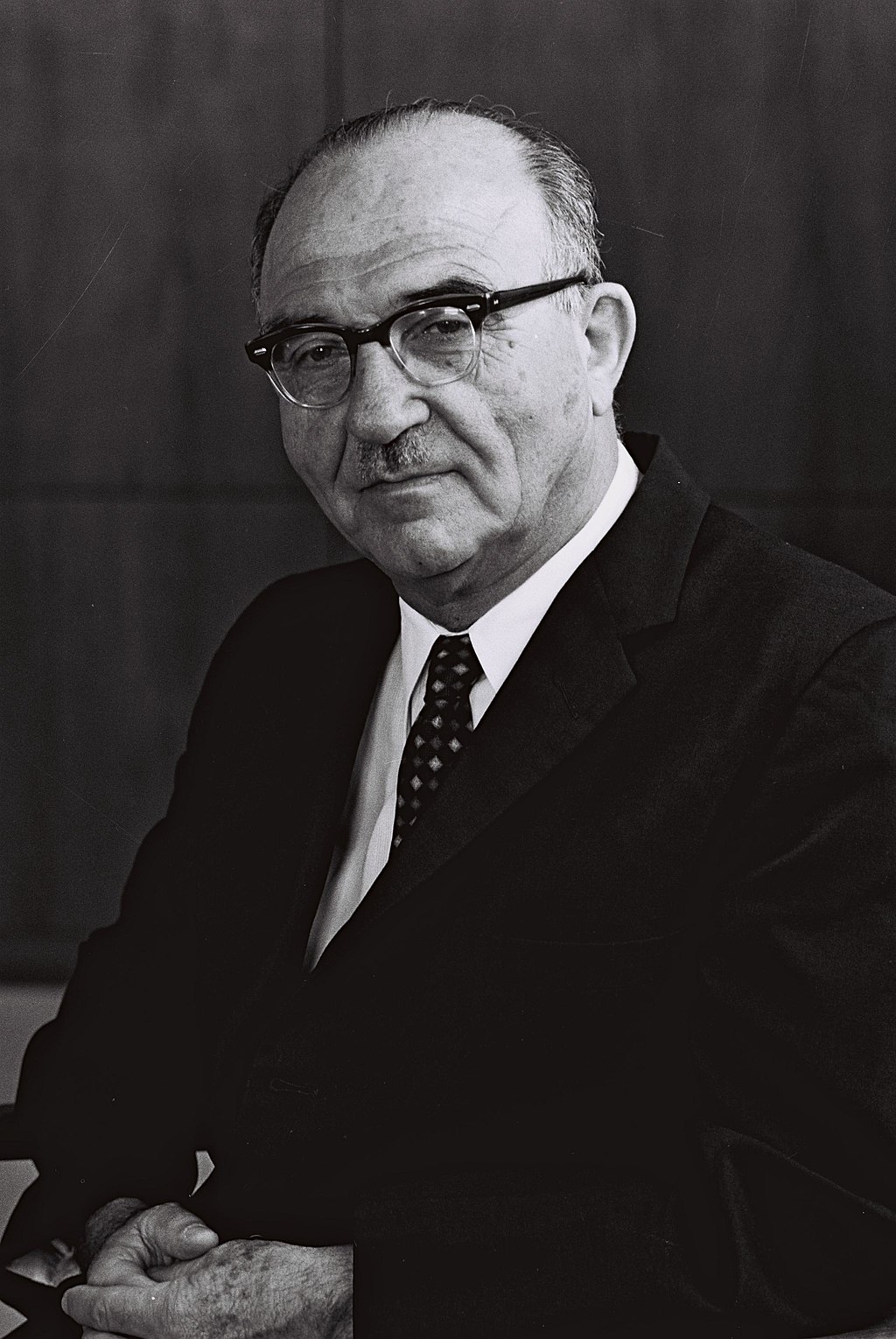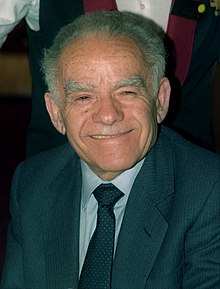Introduction
Avram Hershko is an Israeli biochemist best known for his contributions to the discovery of the ubiquitin-proteasome pathway, which earned him the Nobel Prize in Chemistry in 2004. Hershko was born on December 31, 1937, in Karcag, Hungary, and later moved to Israel, where he made significant advancements in the field of molecular biology. His work, alongside Aaron Ciechanover and Irwin Rose, has helped shape our understanding of how cells regulate protein quality, ultimately laying the foundation for many medical breakthroughs.
Early Life and Education
Hershko’s journey began with his family surviving World War II and moving to Israel in 1950. He pursued his medical studies at the Hebrew University-Hadassah Medical School in Jerusalem, where he earned his M.D. and Ph.D. in medical sciences. After completing his studies, he became affiliated with the Technion – Israel Institute of Technology, which would become the focal point of his research career.
Scientific Contributions
Hershko’s seminal work on the ubiquitin-proteasome pathway explained how proteins within cells are marked for destruction and subsequently degraded. This process involves the tagging of defective or surplus proteins with a small molecule called ubiquitin, which serves as a signal for the proteins to be broken down by the proteasome, the cell’s recycling center.
This discovery revolutionized the field of cell biology and has had numerous implications in medicine. The ubiquitin system plays a critical role in maintaining cellular health by removing damaged proteins, regulating cell cycles, and modulating responses to stress and inflammation. Dysfunctions in this system have been linked to various diseases, including cancer, neurological disorders, and autoimmune conditions.
Awards and Recognition
Avram Hershko has received numerous accolades for his research. In addition to the Nobel Prize, he was honored with the Albert Lasker Award for Basic Medical Research and the Israel Prize in Biology. His work has been instrumental in understanding how molecular systems function and has led to the development of new drugs for treating diseases related to protein dysfunction.
Legacy and Continuing Impact
Hershko’s discoveries have had a lasting impact on the world of science. The ubiquitin-proteasome pathway continues to be a major focus for researchers aiming to develop therapies for diseases caused by protein misfolding and aggregation. Medications that target the proteasome, such as those used to treat multiple myeloma, owe their development to the foundational work done by Hershko and his colleagues.
Current Work
Avram Hershko remains an active researcher, continuing his work at the Technion and collaborating with scientists worldwide. He is also a mentor to many young researchers, passing on his passion for discovery and dedication to rigorous scientific inquiry.



